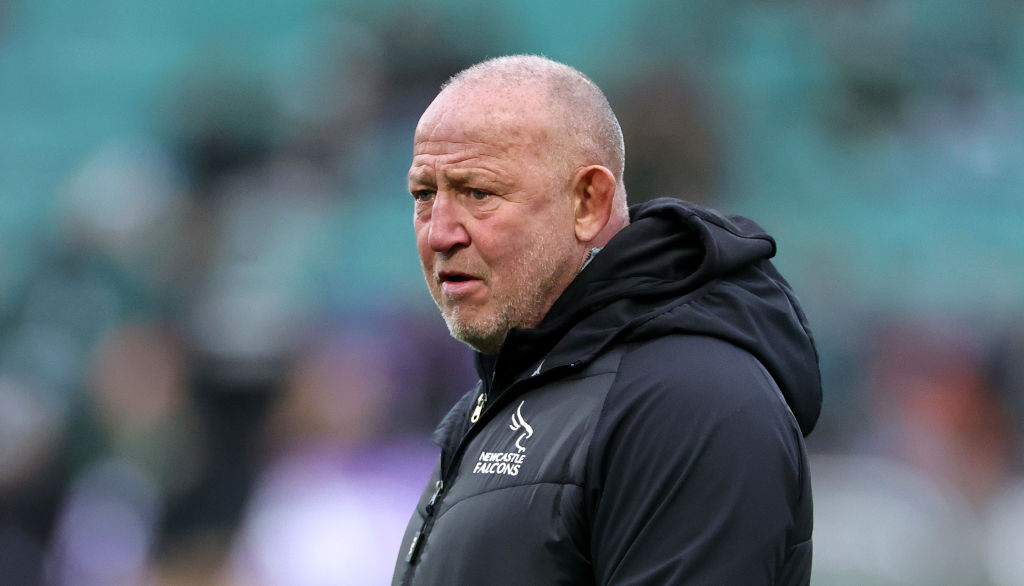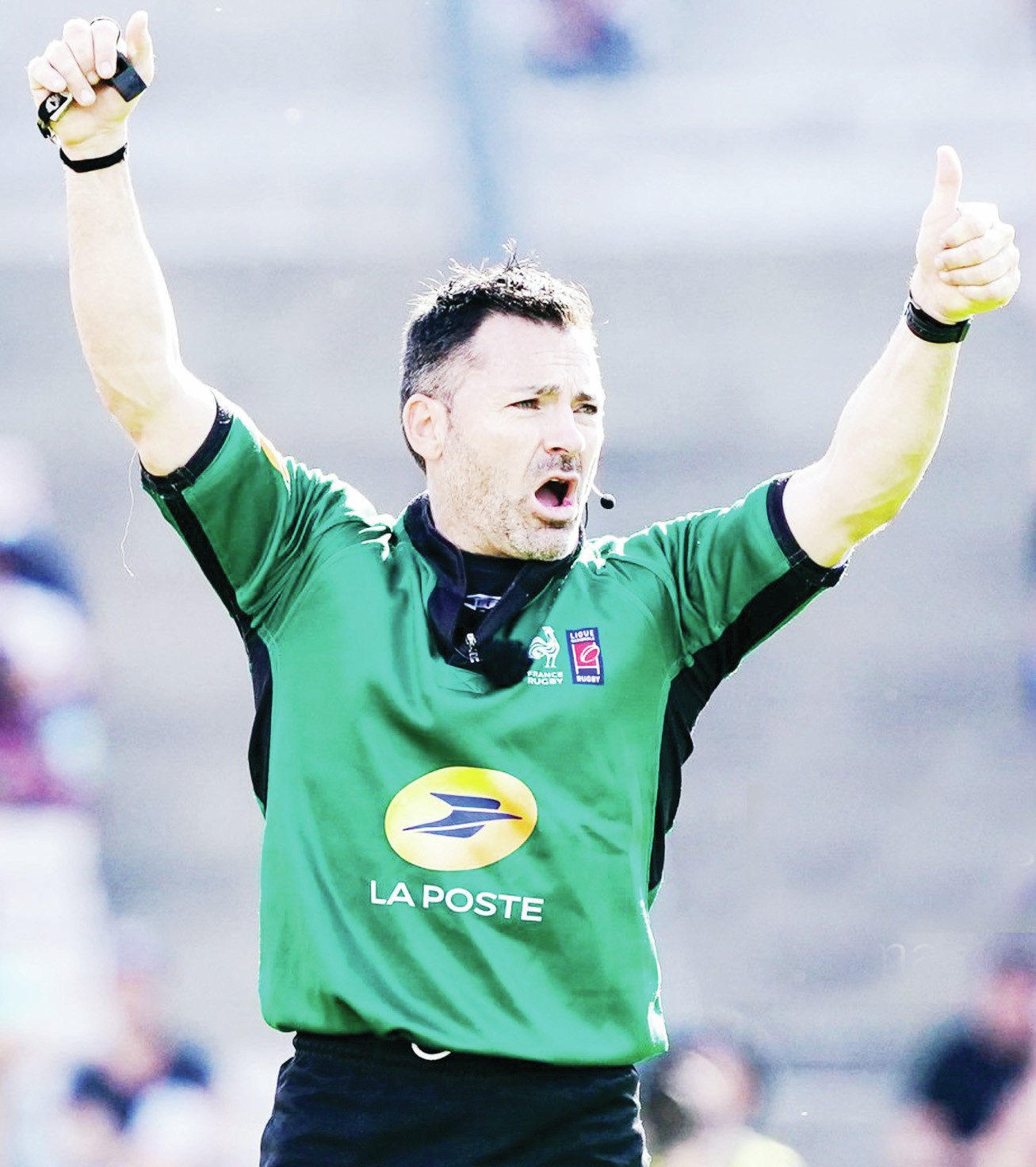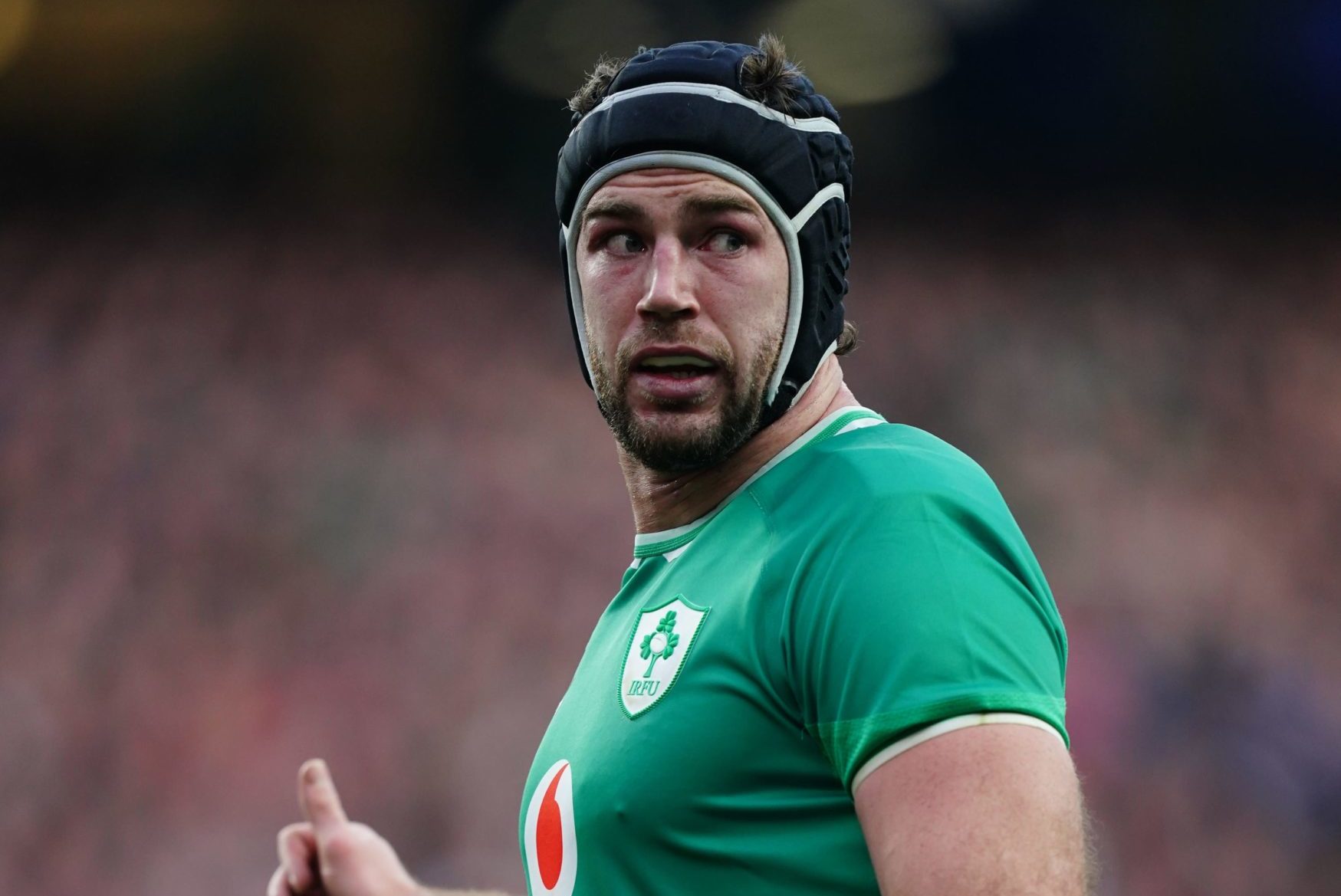Club Rugby
Concern as refs switch to other side
More in Club Rugby
-


Vaea Fifita’s commanding presence has Scarlets pushing for URC play-off spot
By Peter Ryan For exclusive stories and all the detailed rugby news you need, subscribe...
-


Geoff Parling appointed as new Leicester Tigers head coach on long-term deal
By Charlie Elliott Geoff Parling has officially put an end to Leicester Tigers‘ search...
-


Premiership Round 16 Team of the Week: Leicester Tigers trio star in huge win over Sale Sharks
By Charlie Elliott Round 16 of the Premiership saw plenty of changes to both...
-


Steve Diamond: Franchise league a good idea
By Paul Rees Steve Diamond welcomes the idea of turning the Premiership into a...




















